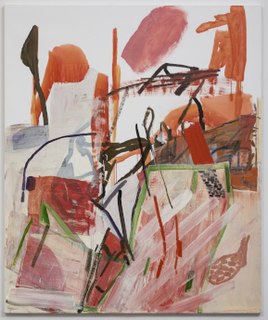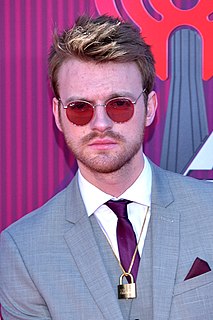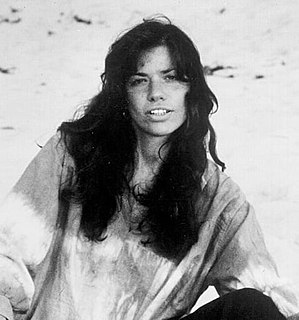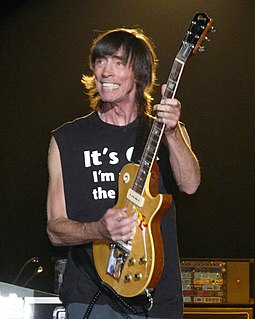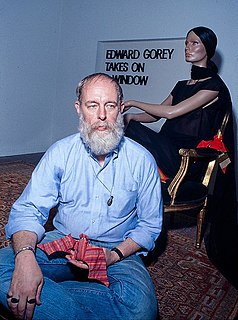A Quote by Amy Sillman
All accidents and experiments, and discoveries, are what my work is about. The problem that I have as an artist is being way too critical.
Related Quotes
During the time that [Karl] Landsteiner gave me an education in the field of imununology, I discovered that he and I were thinking about the serologic problem in very different ways. He would ask, What do these experiments force us to believe about the nature of the world? I would ask, What is the most. simple and general picture of the world that we can formulate that is not ruled by these experiments? I realized that medical and biological investigators were not attacking their problems the same way that theoretical physicists do, the way I had been in the habit of doing.
Just let the artist sign an empty canvas or a frame, with the inscription, 'I had such and such a concept in mind' for this work. The artist then need not bother with producing the work, and therefore need not be worried about being dis-satisfied. All he or she needs to do is to sell it to a collector. The collector will have the guarantee that the artist thought about the work, even if momentarily, and therefore be satisfied.
The thing I like so much about short stories is that there isn't as much of an investment of time so I'm free to experiment more. If it doesn't work out, I've only lost a week or two of work. If I screw up a novel I've lost at least a year's worth of work. But the nice thing is that those experiments with short stories can be carried over to novels when the experiments do work.
Why was the painting made? What ideas of the artist can we sense? Can the personality and sensitivity of the artist be felt when studying the work? What is the artist telling us about his or her feelings about the subject? What response do I get from the message of the artist? Do I know the artist better because of the painting?
Along the (writing) way accidents happen, detours get taken... But these are not "divine" accidents; I don't believe in those. I believe you have constructive accidents en route through a novel only because you have mapped a clear way. If you have confidence that you have a clear direction to take, you always have confidence to explore other ways; if they prove to be mere digressions, you'll recognize that and make the necessary revisions. The more you know about a book, the freer you can be to fool around. The less you know, the tighter you get.
There's a theory of accidents that I studied when I was making a film about nuclear weapons: you can never eliminate accidents, because the measures you introduce to prevent accidents actually produce more accidents. That's certainly true of this sport; you're flying over 40 feet of what might look like snow, but it's hard as ice, it's as hard as pavement. You're doing acrobatic spins and tricks, 40 feet above pavement, essentially. There's been more accidents since, and there are going to continue to be more accidents, that's the nature of the sport.
